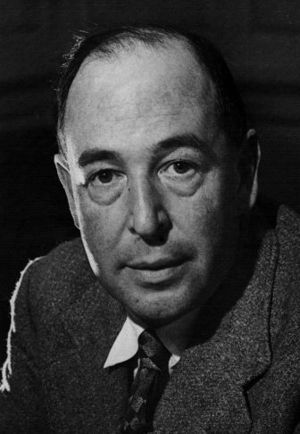The Good Book? Why we still believe the Bible, in spite of all the bloodshed

One of the things that strikes any thoughtful reader of the Bible is the sheer quantity of blood that soaks its pages. There are murders, massacres, rapes and mutilations – and all these within the so-called 'Good Book'.
It's this seeming contradiction that led atheist philospher AC Grayling a few years ago to produce a 'Bible' that had all of the nasty bits taken out. The contents were drawn from his favourite authors and he wrote some of it himself. It's all very uplifting and enlightening.
It sold a good few copies, but it's fair to say that it can't match the real thing. Because no matter how nauseating some of the Bible is, Christians believe we have it for a reason: God gave it to us, and we learn not by rejecting it but by letting it speak to us. The 'Texts of Terror' as theologian Phyllis Trible called them, have a message for us as well as sublime passages like Paul's hymn to love in 1 Corinthians 13.
One of the ways in which we can begin to understand these stories is by realising that – contrary to almost every other piece of ancient literature – they show us events from the perspective of the victim. Not all of them do, but sometimes that helps us see what's going on.
Psalm 137:9 is the classic example of a text we struggle to deal with. It says, "Happy is the one who seizes your infants and dashes them against the rocks." On the face of it, this seems like an appalling thing to say – and it is. But in his Reflections on the Psalms, CS Lewis invites us to see it differently. This was a Psalm about revenge for a terrible wrong (if it's read aloud, the emphasis should fall on ' who seizes your infants...'). The fierceness arises from a deep commitment to justice. Lewis says: "If the Jews cursed more bitterly than the Pagans this was, I think, at least in part because they took right and wrong more seriously." And that, he says, is far better than indifference. Believing the Bible doesn't mean that we believe killing children is right: but it does mean we should share the Psalmist's passion for righteousness.
Judges 11 is another sad story. Jepthath, one of Israel's judges, is the son of a prostitute who becomes the leader of a war band. He's called on to deliver Israel from the Ammonites and makes a fatal vow to God: "If you give the Ammonites into my hands, whatever comes out of the door of my house to meet me when I return in triumph will be the Lord's, and I will sacrifice it as a burnt offering (30-31). It's his daughter, and he keeps his vow.
Is this a warning against making rash promises? At one level, yes. But it's also a tragic example of someone who failed to seek God's gracious forgiveness. It is a vow that should never have been kept. Jephthah, perhaps because he wanted to seem strong in front of his men, did a terrible thing.
We don't like to read it. But without that story, we wouldn't have the example of someone who was lured into sin by his fear of losing the respect of other people.
Joshua 6 is a dreadful story of massacre, in which the Israelites kill every living thing in the city of Jericho apart from one woman and her family. Rahab has hidden the men sent to spy out the city (chapter 2) and is protected as a reward for what she's done. When the walls come tumbling down and the army enters the city to begin the slaughter, she is saved.
There is not much in this story that is really a blessing to us, but her survival is very significant because Rahab was a prostitute. In those days just as it is now – in spite of the propaganda put out by people who try to glamourise the trade – prostitution was very rarely a career of choice. That means Rahab was poor, despised and marginalised (and may have felt very little loyalty to the men of the town who abused her). But it is Rahab who is saved, and whose name appears in Matthew's list of the ancestors of Jesus (1:5).
Human beings are capable of doing terrible things – sometimes because they sincerely believe that God told them to do it. Sometimes we'd rather these weren't in the Bible, but if they weren't, it wouldn't be an honest book. But we can see truth in dark colours and twisted shapes as well as in the bright pictures of joy.
Follow @RevMarkWoods on Twitter.











